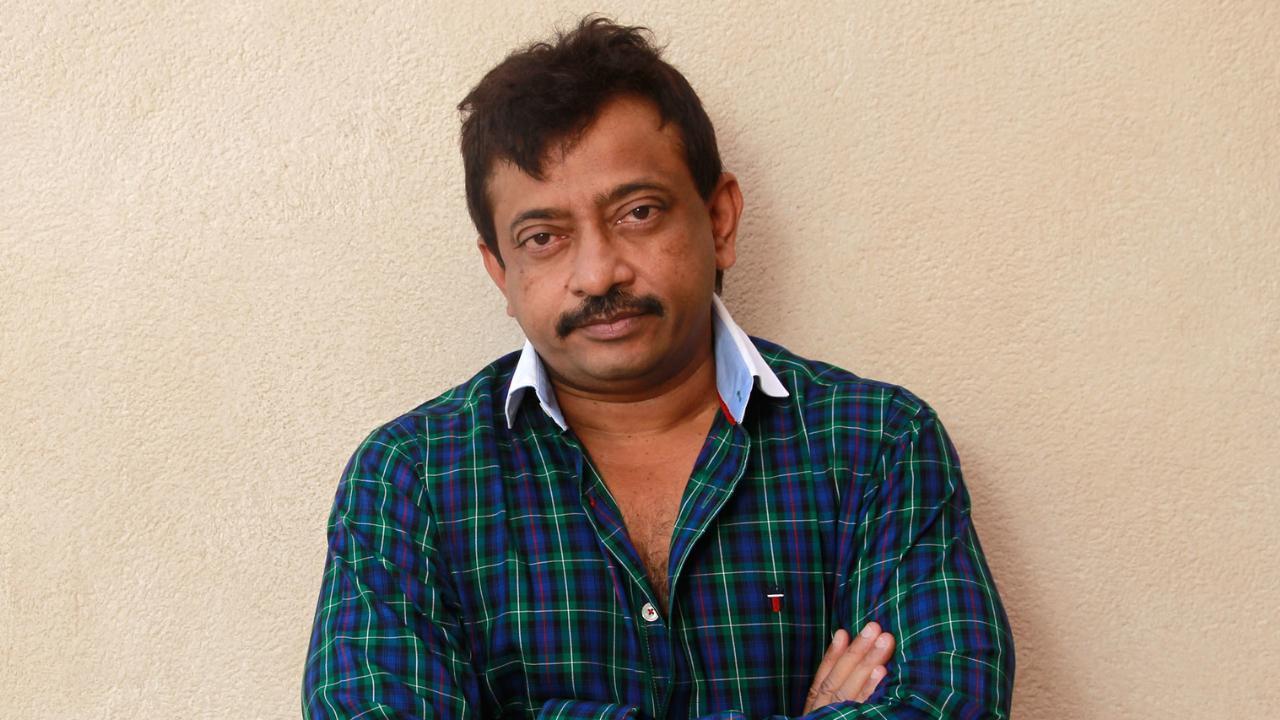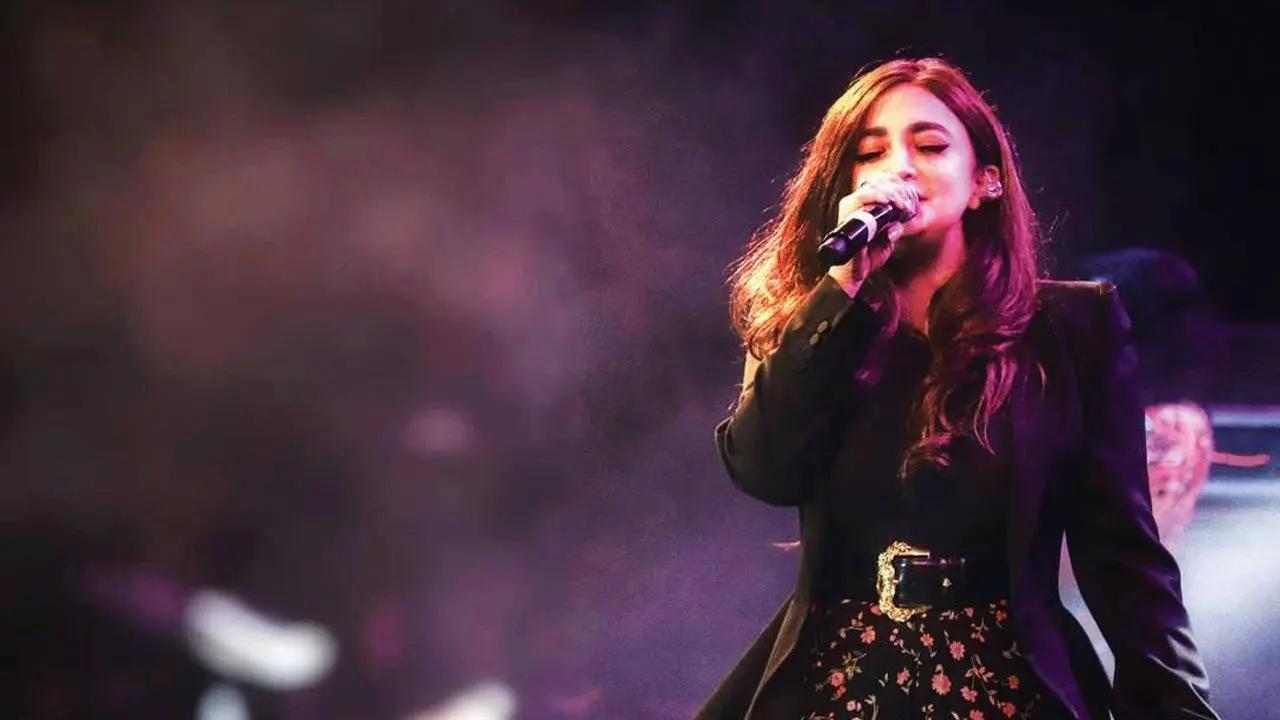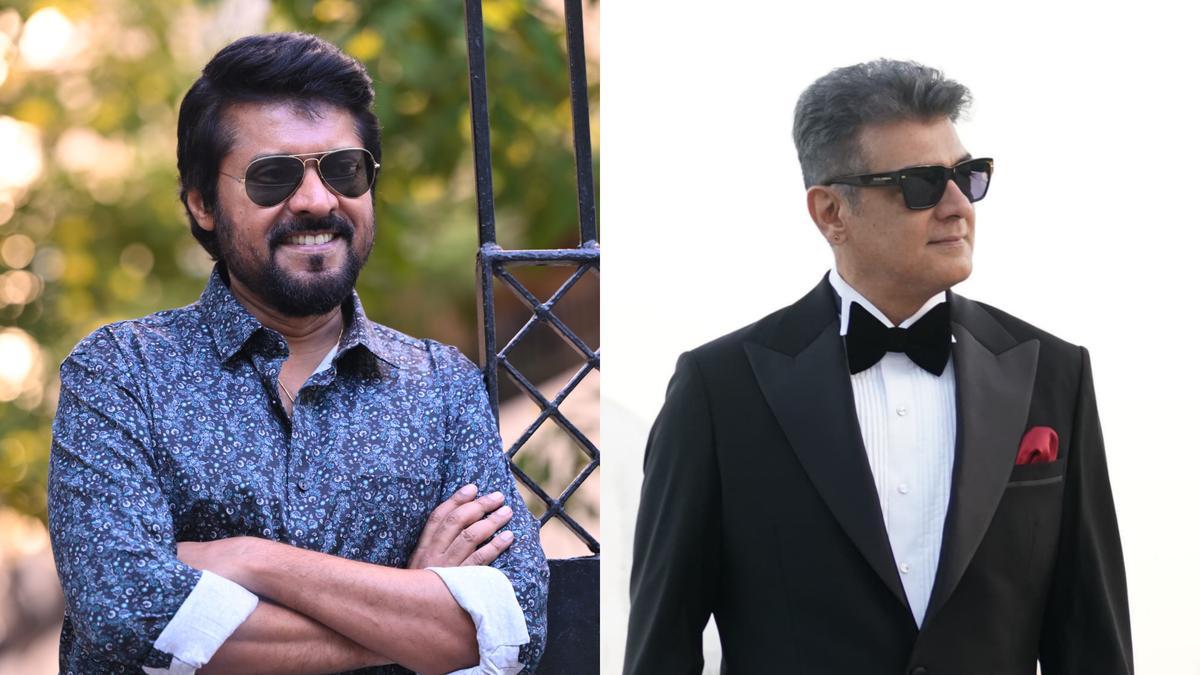
Amidst the turbulence of legal battles and public scrutiny, actor Jonathan Majors has expressed his desire to rekindle his Hollywood career, following a conviction on assault and harassment charges. In a recent appearance on ABC’s “Good Morning America,” the film star spoke candidly about his hopes for the future, stating, “I pray I do, but it’s God’s plan and God’s timing.” The question of his entitlement to a second chance was met with a hopeful response, “I think I do. I hope other people think that.”
This public reflection comes after a New York jury convicted the 34-year-old Majors last month for a misdemeanor assault and a harassment violation originating from a confrontation with his then-partner, Grace Jabbari, in March. He was found not guilty of an additional assault charge and aggravated harassment. The aftermath saw immediate repercussions from the industry, with Marvel Studios and the Walt Disney Co. terminating his contracts for future projects—this decision was made public by a studio insider who requested to remain anonymous.
Majors’ involvement as the formidable Kang the Conqueror in the Marvel Cinematic Universe had marked him as a prominent figure set to appear in multiple films and series. His character had already featured in “Ant-Man and the Wasp: Quantumania” and the initial seasons of “Loki.” Anticipation for his slated role in “Avengers: The Kang Dynasty,” due for a May 2026 release, now hangs in the balance. Inquiries to Disney regarding their plans for the character went without response.
Commenting on the verdict that has significantly impacted his life and career, Majors shared his astonishment and trepidation. He questioned the jury’s decision, given the evidence presented during the trial. As he awaits sentencing scheduled for February 6, where he could face up to a year in jail, alternative non-incarceration sentences are also within the realm of possibility.
The mandated court appearance was a public dissection of the private feud between Majors and Jabbari, which allegedly escalated in the backseat of a chauffeured vehicle and continued onto Manhattan’s streets. Jabbari, a British dancer, accused Majors of aggressive and injurious actions—allegations firmly denied by Majors in his interview. His account differed significantly from Jabbari’s, leaving him wishing for “clarity” and “peace.”
Defense attorneys for Majors argued that Jabbari’s actions were fueled by jealousy and an exaggerated narrative intended to defame him after she discovered texts from another woman on his phone. They painted a picture of Majors as a victim seeking safety. Footage from surveillance cameras corroborated the tumultuous nature of the encounter, with Major’s claiming the imagery, had the roles been reversed, could’ve led to lethal consequences for a Black man in a similar scenario.
The interview allowed Majors to share his experiences and take a stance on the matter publicly. It was, as he noted, an opportune moment given the developments in his personal life, his career trajectory, and societal conversations. Majors felt a need to be “brave,” offering his side of the story, which contrasted starkly with a statement from Jabbari’s attorney, Brittany Henderson, who suggested his continued lack of remorse was unsurprising.
Reflecting on the fateful night, Majors expressed regret for the sequence of events and acknowledged that the relationship bore unhealthy dynamics, revealing it was fear that kept him from departing sooner. As he processes the unfolding consequences, Majors voiced an acknowledgment of his failure to walk away when red flags appeared. The actor, facing a fraught road ahead, nonetheless, holds onto hope that despite the transgressions and trials, there might still be an opportunity for healing and perhaps, a return to the silver screen.










